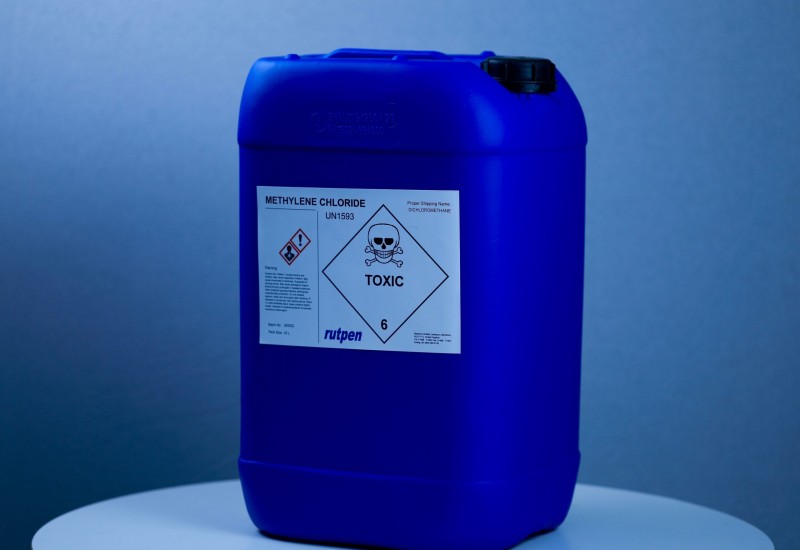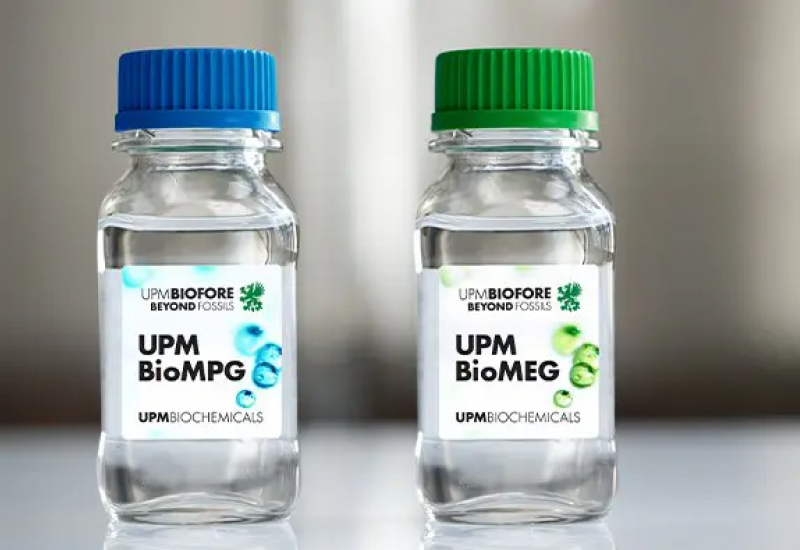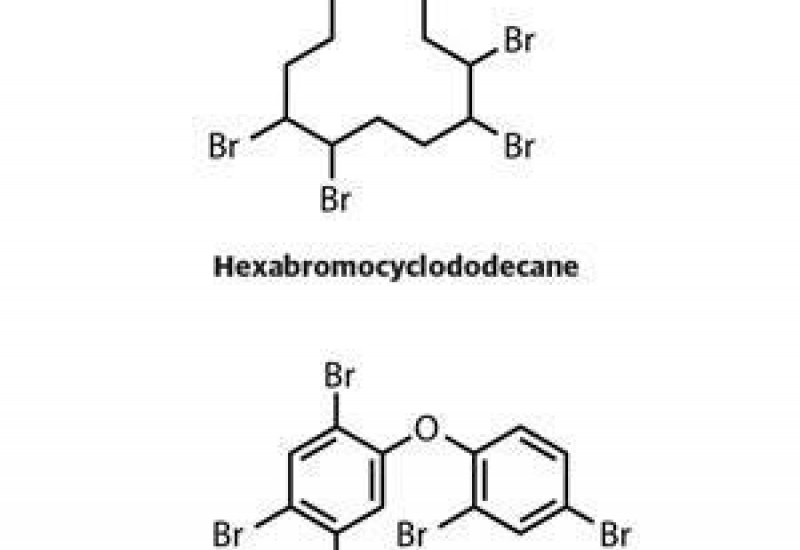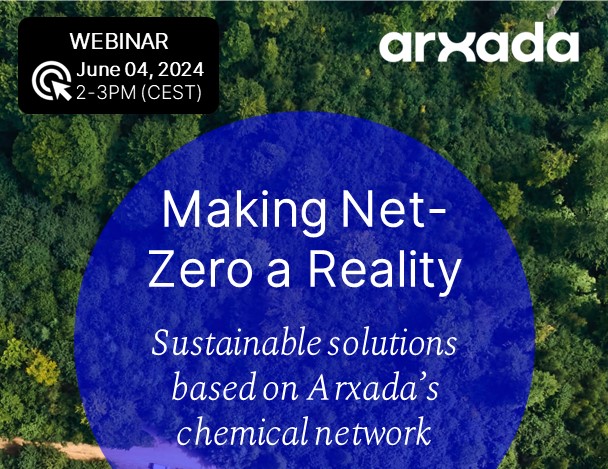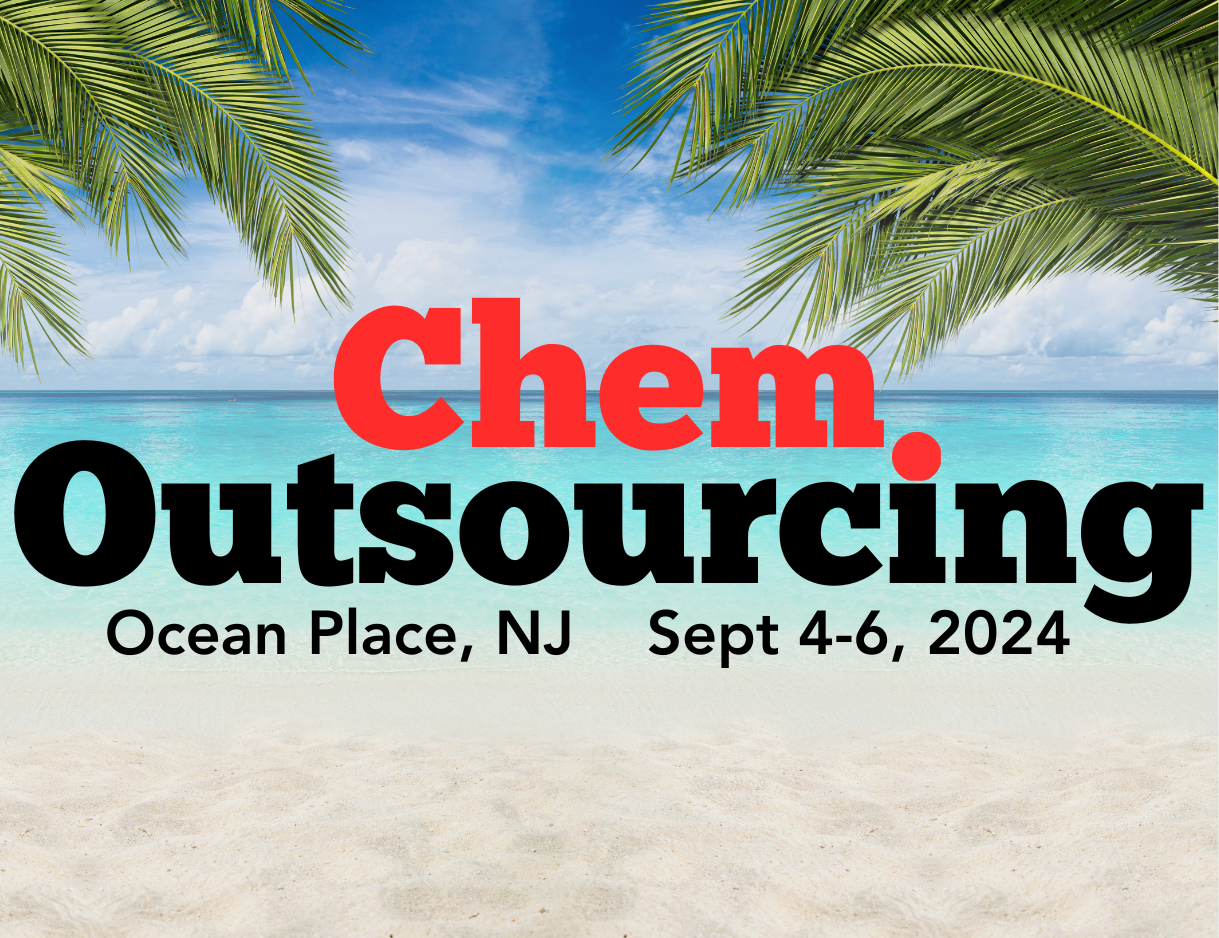Feature article - Remaining competitive in the transition to sustainability
Georg Winkler, a senior partner at McKinsey & Company, and Alexander Kei, a partner at the firm, explore how sustainability can secure the competitiveness of Europe’s chemical industry*
In the 20 years to 2020, the European chemical industry delivered strong financial performance, providing total return to shareholders (TRS) similar to its North American peers and higher than Asian peers. However, since 2020, chemical companies in Europe have fallen behind their global competitors.



